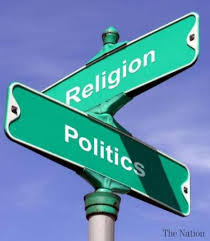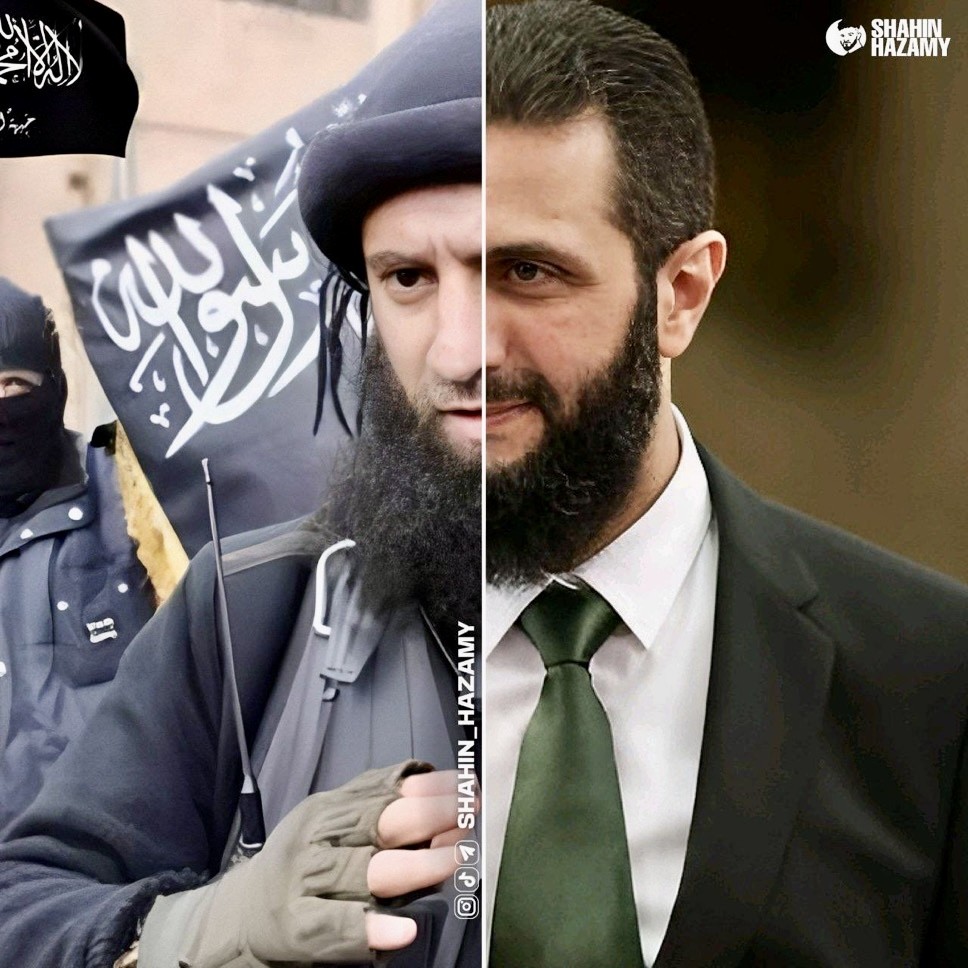
By Leila Hoballah --
Introduction
One of the most important features of this era, one could say, is the arguments about culture, It’s relativity, plurality and even the possibility of culture to lead to “The Clashes of Civilization” as appeared in Samuel Huntington book, or the domination of one culture overall human cultures, as reflected by the work of Francis Fukuyama in “The End of History and The Last Man”. Culture does not seem to have a real essence, its definition has been a controversy and the term is used in a variety of representations. It could be referred to the ‘societies ways of life’ or as have been defined by the UNESCO “[Culture] is that complex whole which includes knowledge, beliefs, arts, morals, laws, customs, and any other capabilities and habits acquired by [a human] as a member of society”( UNESCO 2009-2014).
And if we want to accept this definition of culture, we could claim that different societies are characterized by different cultures, but this difference is not in the essence of the culture itself but in its representation in reality, since the only subject of culture is the human being, which has “a fundamental element of human nature [which is] need for creative work, creative inquiry for free creation, […] so any decent society should maximise the possibilities for this fundamental human characteristic to be realised”(Chomsky 1971). And if we are looking for the non-static feature of human culture, we could be related to the human intellectual activity that refuses any culture that did not satisfy his needs, so the ‘enlightenment’ west will try to make a discectomy with the medieval ages, as well as the middle east ‘will try to make’ this intellectual discectomy between Islamic and pre Islamic era.
In this paper, I will argue the importance of understanding the intellectual formation of Arab mentality, in order to understand the debate about secular or religious society in the Arabic countries. Articulating two recent articles one by Gudrun Kramer, Freie University in Berlin, 2013, and the second by Barbara Di Politica’ Foscari University in Venice,2014, regarding the ‘civil society’ dilemma in the Arabic perception.
To continue reading download the paper






